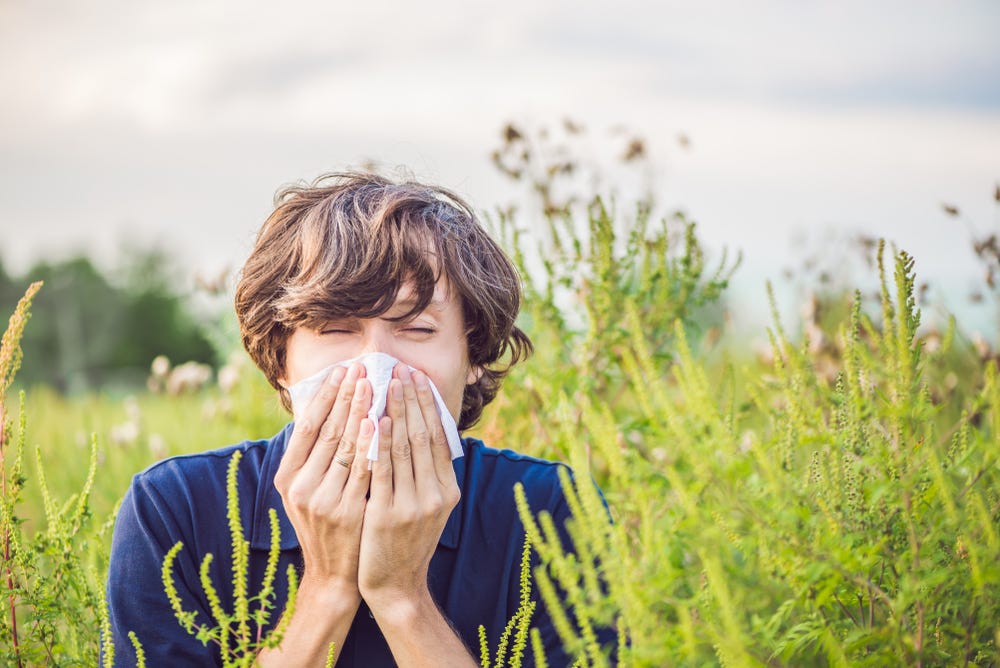How Seasons Affect Allergies
Written by Devanshi Sharma
Many people go through the ups and downs of seasonal allergies. I've learned a lot about how different times of the year can really affect how we feel. Seasonal allergies, also known as hay fever, are common. Each season brings its own set of allergens that can make noses run, eyes itch, and throats scratchy.
Spring is notorious for allergies. As trees and flowers bloom, they release pollen into the air. Pollen from trees like oak, birch, and cedar is a major trigger. For those sensitive to pollen, spring can be a tough time. You might find yourself sneezing more often, with watery eyes and a runny nose. Taking allergy medications and keeping windows closed can help reduce exposure to pollen.
Summer continues the pollen parade, but this time, it's mostly grasses like Bermuda and Timothy grass. Outdoor activities can become a challenge for those allergic to grass pollen. Spending time outside, especially on windy days, can worsen symptoms. It's a good idea to shower and change clothes after being outside to remove any pollen that may have stuck to you.
Fall brings relief from pollen for some, but not for everyone. Ragweed pollen is the main culprit in the fall. It can travel hundreds of miles on the wind, so even if ragweed isn't common in your area, you might still suffer. Mold spores, which thrive in fallen leaves and damp areas, also become more prevalent in the fall. Keeping your home dry and clean can help minimize mold exposure.
Winter might seem like a break from allergies, but indoor allergens like dust mites, pet dander, and mold can still cause problems. As we spend more time indoors with the windows closed, these allergens can accumulate and trigger symptoms. Regular cleaning, using air purifiers, and maintaining proper humidity levels in your home can help keep winter allergies at bay.
Understanding how each season affects allergies can help you manage symptoms better. By being aware of the different allergens and taking preventive measures, you can enjoy each season without being distracted by allergies.
Written by Devanshi Sharma from MEDILOQUY


